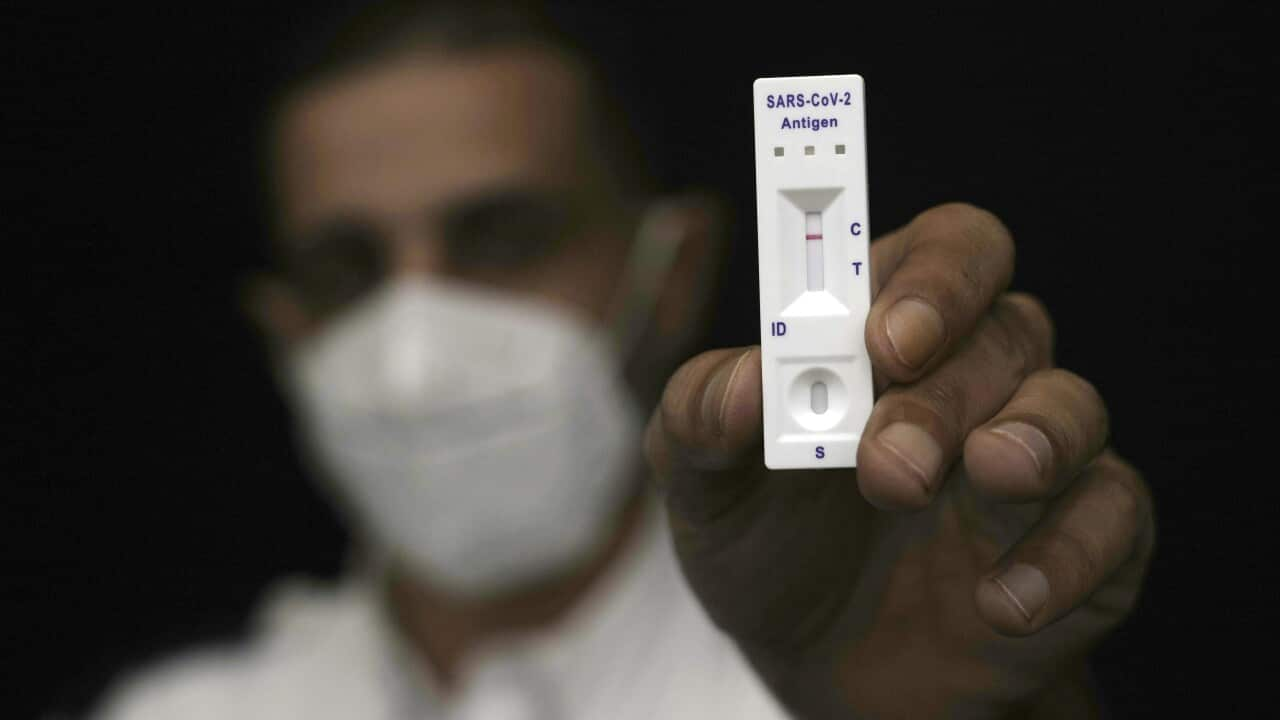How effective are face masks in protecting people from infection?
Current data and studies show that it is possible to reduce the impact of COVID-19 through simple measures such as mask wearing.
has also confirmed that masks are a key measure in reducing transmission and saving lives.
A study by journal suggests face coverings are a mainstay of non-pharmaceutical interventions to help prevent COVID-19. The research confirms that all studies that compared the use of face masks, regardless of the type, to non-use of face masks, reported a significantly higher rate of infection among the participants who did not use masks.
The findings also suggest that the correct and early use of face masks or face coverings could prevent the spread of respiratory viruses (including COVID-19) more than when they were not used.

Different types of face masks. Source: Getty Images/bohemama
Different types of masks available on the market
According to WHO, depending on the type, masks can be used for either protection of healthy people or to prevent onward transmission, or both.
, the national health agency in the United States, recommends correct and consistent mask use as a critical step everyone can take to reduce their risk of getting and spreading COVID-19.
The CDC gives a brief description of different types of masks and some of the pros and cons:
1. Cloth or Reusable masks can be made from a variety of natural and synthetic fabrics and many types are available. The most effective cloth mask is made of multiple layers of tightly woven, breathable fabric. They are easy to obtain, comfortable, affordable, washable and reusable, and nose wires (if available) can usually be adjusted.
They are easy to obtain, comfortable, affordable, washable and reusable, and nose wires (if available) can usually be adjusted.

Reusable masks should be washed after each use. Source: Joan Mercader
However, they are poorly fitting masks which may have gaps around the sides of the face or nose which may cause the virus to leak in and out around the mask.
2. Medical / Surgical / Disposable face masks are considered for community use and to find the right masks, it is important to check the labels to ensure that they are made of multi-layered, non-woven material. These masks are readily available, comfortable, affordable, disposable (good when the mask gets wet or dirty), and nose wires can be adjusted.
These masks are readily available, comfortable, affordable, disposable (good when the mask gets wet or dirty), and nose wires can be adjusted.

A fluid-resistant surgical mask (FRSM) or medical mask Source: Peter Byrne/PA Wire
But they often fit loosely and masks with ear loops may not be adjustable enough to achieve a better fit.
3. KN95 Respirators Masks are a type of filtering respirator mask that may be preferable for situations that require prolonged close contact or for people with a high risk of severe illness from COVID-19. They filter up to 95% of particles in the air (when they meet the right requirements, are not fake, and are properly fitted).
They filter up to 95% of particles in the air (when they meet the right requirements, are not fake, and are properly fitted).

KN95 Respirators Masks. Source: Getty Images/fongfong2
However, they can be uncomfortable and more expensive, require more effort to breath, difficult to obtain, and many fake KN95 masks are commercially available.
4. NIOSH-Approved N95 Respirators are not recommended for protection against COVID-19 in non-healthcare settings and should be prioritised for healthcare personnel and some workers for protection against other hazards. Which masks to wear, reusable or disposable?
Which masks to wear, reusable or disposable?

A medical assistant working at a drive-up COVID-19 testing clinic, wears an N95 mask, (AP Photo/Ted S. Warren) Source: AP Photo/Ted S. Warren
has done a study on whether reusable face masks can be an alternative to disposable medical masks.
In the study, seven types of masks were selected and subjected to air and water vapor permeability testing, thermal conductivity testing and a wear trial. The results indicate that reusable face masks made of thin layers of knitted fabric with low density and a permeable filter are more breathable.
Disposable medical masks are widely used to prevent respiratory infections, but, as this study suggests, they may allow air and micro-organism leakages. They are also not the most environmentally friendly and cost-effective option.
Consequently, many manufacturers have taken the opportunity to develop reusable face masks to meet market demands. While many new washable masks are available in the market, their efficacy is not very clear.
So, it is important to consider the quality of the masks in terms of their effectiveness and comfort and the fact that cloth masks are less effective when damp. Cloth masks should be washed after each use or at least daily. Reusing a cloth mask without washing can lead to self-contamination.
SBS is committed to providing all COVID-19 updates to Australia’s multicultural and multilingual communities. Stay safe and stay informed by visiting regularly the .


